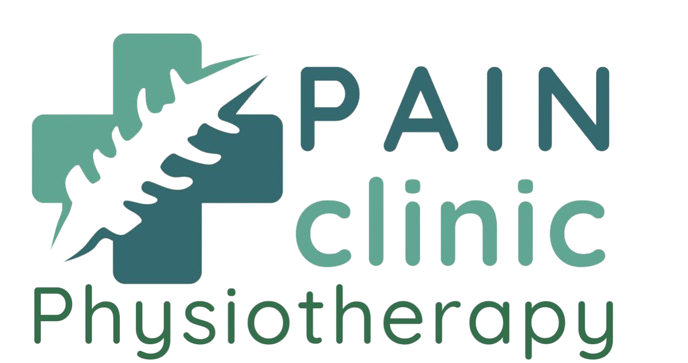Pregnancy is a transformative journey that deeply impacts a woman’s body. One way to enhance this experience is through prenatal physiotherapy. This form of physical therapy offers multiple benefits, such as improved posture and reduced back pain. These advantages bolster overall well-being throughout pregnancy, giving women a smoother journey.
When exactly should one begin prenatal physiotherapy? Ideally, starting as early as the first trimester is beneficial. However, it’s effective at any stage, depending on individual needs. Early sessions focus on preparing your body for the changes ahead, addressing discomforts from the get-go.
Specific benefits include: – Better posture alignment to counteract the new weight distribution. – Diminished discomfort by reducing pressure on the lower back and pelvis. – Improved mobility and balance, making day-to-day activities more comfortable.
It’s clear why many expectant mothers opt for physiotherapy. Not only does it assist physically, but it also provides peace of mind. Feel free to consult a professional to discuss any adjustments needed during your unique pregnancy journey.
Understanding the Benefits of Prenatal Physiotherapy
One major perk of prenatal physiotherapy is its role in easing labor. By actively engaging muscle groups, it prepares your body for a smoother birthing process.
The exercises involved in prenatal physiotherapy are diverse: – Breathing techniques to help manage contractions. – Gentle stretches that improve flexibility and reduce strain. – Movements that increase core and leg strength, essential for delivery.
These routines also contribute to pain relief, strength, and flexibility throughout pregnancy. They ensure the body’s optimal function, which is crucial as your body changes shape and size.
Yet, some myths abound regarding the safety of prenatal physiotherapy. Rest assured, when guided by professionals, it is safe. They tailor exercises to each individual’s needs, ensuring no undue stress is placed on the body.
How prenatal physiotherapy helps is clear: it offers a comforting path through the pregnancy experience, touching on both physical and emotional aspects.
Implementing Prenatal Physiotherapy at Home
Incorporating prenatal physiotherapy exercises into your home routine can optimize convenience and comfort, especially if you’re balancing work-from-home requirements. Here’s a simple guide on weaving these exercises into your day: 1. Start with a warm-up, such as gentle walking. 2. Incorporate simple Pilates-based movements to engage your core. 3. End with relaxation techniques, like deep breathing or light stretching.
Creating a personalized plan is crucial. Consult a physiotherapist who understands your needs and can cater to different pregnancy stages. This ensures exercises are safe and effective.
Prenatal physiotherapy at home not only promotes physical benefits but also enhances mental well-being through mindful movement. Exercise releases endorphins that uplift mood and reduce anxiety. Engaging in daily exercises keeps spirits high and bodies active. This holistic approach nurtures both the body and mind, crafting a balanced lifestyle during pregnancy.
Promoting Postpartum Recovery with Prenatal Physiotherapy
How does prenatal physiotherapy translate to postpartum recovery? It’s incredibly beneficial. Prenatal exercises geared towards improving muscle tone and flexibility contribute significantly to faster recovery.
Consider this: – Continued physiotherapy for pain relief addresses lingering issues post-birth, allowing a smoother transition. – Exercises that enhance muscle tone retain their benefits, aiding quicker return to pre-pregnancy fitness levels.
Moreover, these exercises encourage a holistic approach and contribute to emotional health. How prenatal physiotherapy helps goes beyond labor; it serves to enhance maternity health qualitatively.
In summary, the proactive nature of prenatal physiotherapy cultivates enduring benefits, both physically and emotionally, providing mothers with a bolstered sense of readiness and resilience for the birth of their little one.
Whether you begin this journey early in your pregnancy or later, remember that prenatal physiotherapy remains a sustainable choice, enriching the pregnancy experience profoundly. If you’re considering starting, seek advice from professionals for a tailored regimen that supports your unique pregnancy.

